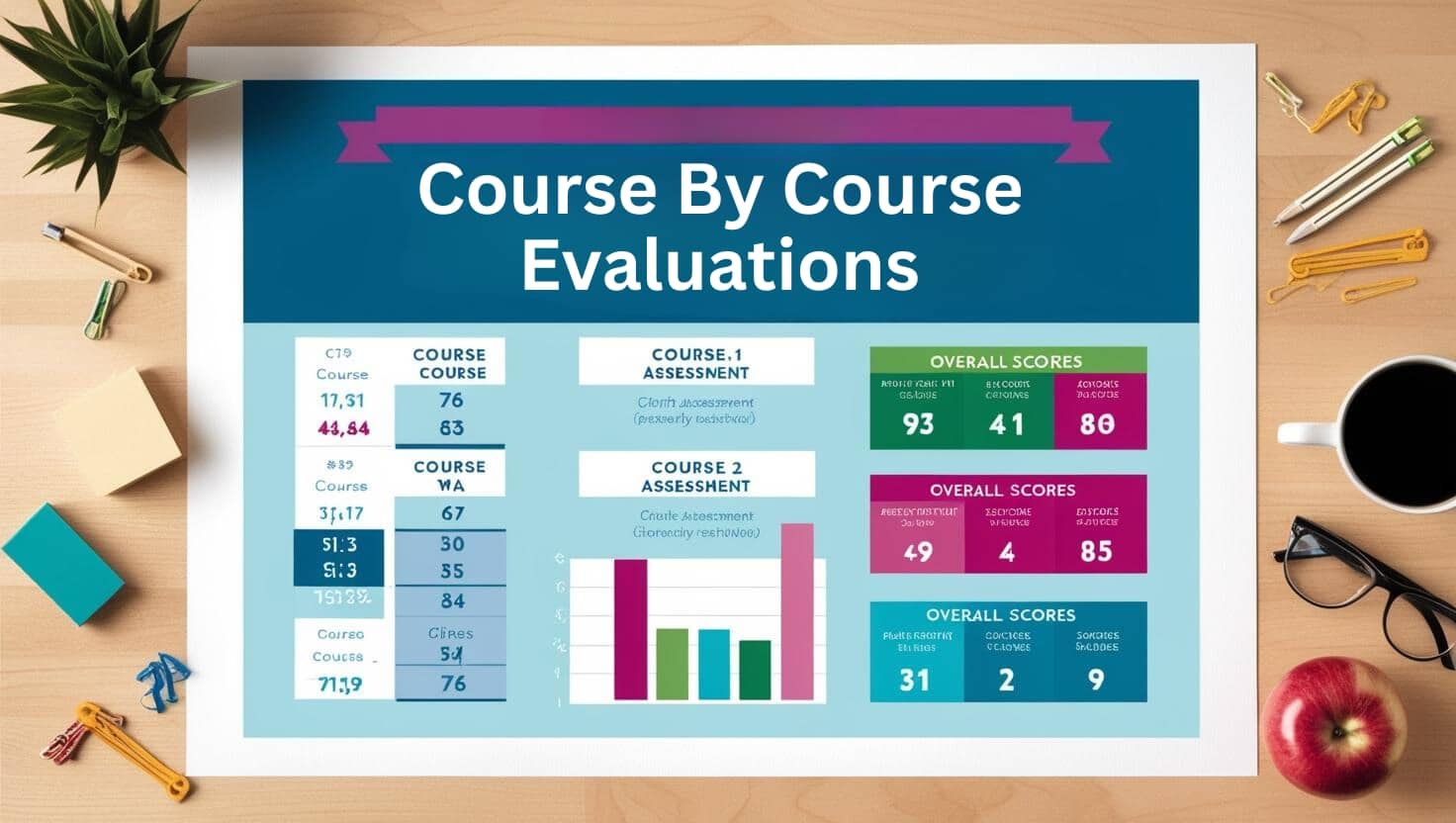Introduction
In today's competitive job market, the transition from class discovering to real-world application is more crucial than ever. Students and specialists alike are seeking methods to equate their work experiences into academic credits. This article checks out the complex procedure of assessing work experience for education credit, underlining its significance in personal and expert development.
As we delve into this topic, we will go over numerous aspects of scholastic credential assessment, international credential evaluation services, course-by-course credential examination, and how they connect to work experience assessment. Furthermore, we'll explore professional viewpoint letters and organization plan examinations as part of this multifaceted journey.
From Class to Career: Assessing Work Experience for Education Credit
The bridge in between class education and profession success often includes recognizing the value of practical experience. Lots of students build up considerable work experience throughout internships or part-time tasks that may not be formally acknowledged by educational institutions. However how can one guarantee that these experiences count towards their scholastic credentials?
Why Assess Work Experience?
Evaluating work experience is important for several reasons:
Recognition of Skills: It verifies the skills gotten through hands-on experiences. Enhanced Employability: Companies increasingly look for candidates with practical knowledge together with formal education. Personal Growth: Acknowledgment of previous experiences boosts confidence and encourages long-lasting learning.Types of Credential Evaluation
Understanding the various kinds of credential examinations available can help individuals navigate this procedure effectively.
Academic Credential Evaluation
Academic credential assessment evaluates foreign educational credentials versus established standards in another country. This process is essential for global trainees or workers intending to prove their academic background.
International Credential Assessment Services
These services specialize in analyzing foreign qualifications and determining their equivalency in the host country's academic system. They provide reports that detail the level and kind of education got abroad.
Course-by-Course Credential Evaluation
This in-depth analysis breaks down each course taken during a degree program, using insights into grades earned and credit hours completed. It's especially beneficial for trainees wanting to transfer credits in between institutions.
Work Experience Evaluation
Work experience assessment works as a technique to formally evaluate non-academic skills gained through employment or volunteer activities. Here's how it works:
Documentation: People must gather documents such as task descriptions, efficiency evaluations, and any pertinent certifications. Comparative Analysis: The evaluator compares this info against developed academic competencies. Outcome: The result might cause academic credits granted based upon demonstrated knowledge and skills.The Role of Professional Opinion Letters
An expert viewpoint letter can bolster your case when looking for credit for work experience. These letters generally come from industry professionals who can attest to your abilities and contributions in a particular field.
What Ought to a Specialist Opinion Letter Include?
- An introduction of your function in the organization Specific skills you developed How your experiences connect to scholastic outcomes
Having a specialist endorse your capabilities not only provides reliability but likewise enhances your general portfolio when obtaining sophisticated research studies or positions.
Business Strategy Assessment as a Knowing Tool
Creating a service strategy can be an outstanding method to showcase your understanding of theoretical principles used in real-world situations. An extensive assessment of an organization strategy might highlight proficiencies such as strategic thinking, financial planning, and market analysis.
FAQs
1. What kinds of work experiences qualify for academic credit?
Typically, work experiences that straight relate to your discipline or demonstrate transferable skills are eligible for scholastic credit.
2. How do I discover worldwide credential examination services?
You can search online directory sites or seek advice from universities that often have collaborations with respectable credential evaluators.

3. Is there a fee associated with acquiring an expert opinion letter?
Yes, lots of experts charge for their time invested writing these letters; however, some may provide them pro bono depending on the situation.
https://internationalevaluations.com/course-by-course-evaluation/4. Can I get credit for overdue internships?
Absolutely! Overdue internships frequently supply indispensable experience and can be evaluated likewise to paid positions.
5. For how long does the credential examination process take?
The timeline differs based on the service used however normally varies from a couple of weeks to numerous months.
6. Exist specific documents required for course-by-course evaluations?
Yes, you will require transcripts from all post-secondary institutions went to, along with in-depth course descriptions when possible.
Conclusion
Transitioning from class knowledge to profession preparedness needs recognizing the significance of useful work experiences in education credit evaluations. As we have actually checked out in "From Classroom to Career: Evaluating Work Experience for Education Credit," both students and professionals stand to acquire considerably by leveraging their real-world experiences towards their scholastic goals.
By utilizing numerous kinds of assessments-- be it through scholastic credential examinations or expert viewpoint letters-- people can enhance their credentials while promoting long-lasting learning concepts that adhere closely to today's vibrant workforce demands.
In summary, accepting both theoretical understanding from classrooms together with experiential learning gained through expert engagements creates well-rounded candidates all set to take on the difficulties ahead in their careers.